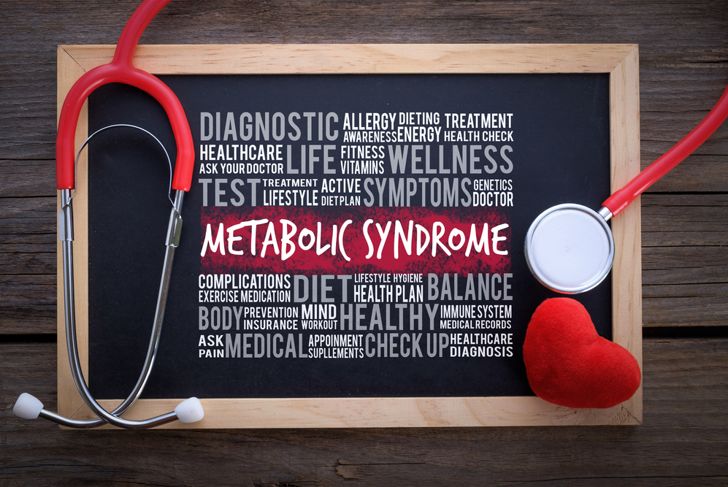Insomnia is a common sleep disorder that affects millions of people around the world. While many individuals associate insomnia with difficulty falling asleep, it may also involve trouble staying asleep or an inability to get restful sleep. Short-term insomnia symptoms can fluctuate in severity, but long-term insomnia has lasting and potentially deadly side effects.
Difficulty Falling Asleep
The signature symptom of insomnia is difficulty falling asleep. This can feel different for each person, though there are a few common manifestations. They may struggle to find a comfortable sleeping position or be unable to “shut off” their brains. Some research points to difficulty falling asleep being more common in younger adults.
Waking Up at Night
In addition to being unable to fall asleep, many people with insomnia will frequently wake up at night or sleep for only short periods. These episodes are called nocturnal awakenings and more regularly affect older adults. Around two-thirds of people who struggle to fall asleep also have nocturnal awakenings. Overall, waking up at night is the most common insomnia symptom in the general population, as well.
Daytime Tiredness and Sleepiness
Because people with insomnia cannot get the rest their bodies need, feelings of fatigue and tiredness during the day are typical. Individuals who experience daytime sleepiness may feel a compulsion to nap repeatedly during the day, even if they are unable to fall asleep. In extreme cases, daytime tiredness may trigger behaviors that mimic symptoms of alcohol intoxication.
Loss of Focus
Feelings of tiredness or fatigue during the day can dramatically affect a person’s ability to function. Tasks that they could complete with ease after a restful night’s sleep often take significantly longer to perform. Sometimes, insomnia will cause brain fog, which is a “fuzzy” sensation that accompanies an inability to think clearly and sort through problems efficiently.
Errors, Mistakes, and Accidents
The cognitive lapses, brain fog, and general tiredness that insomnia can create often lead to a greater number of mistakes. In workplaces or schooling, a person may make minor, avoidable mistakes on tasks they’ve proven they could do previously. Sleepiness often worsens during inopportune moments, such as driving a vehicle or other heavy machinery, increasing the risk of collisions and accidents.
Irritability and Mood Swings
Studies measuring mood in people with insomnia found significant positive correlations between insomnia and irritable and cyclothymic temperaments. Essentially, this means that insomnia triggers noticeable shifts up and down in mood, often resulting in periods of extreme irritability. While the highs and lows of cyclothymia are less extreme than those of conditions like bipolar disorder, they can interfere with a person’s ability to function. Insomnia may also increase the risk of developing mood disorders like bipolar disorder.
Depression and Anxiety
In addition to causing mood shifts, insomnia also has many notable links to conditions like depression and anxiety. Often, these conditions create a cycle: the conditions feed into each other, worsening them all. As an example, insomnia may cause a person to have anxious thoughts, such as worrying about not being able to sleep. These feelings then inhibit their ability to sleep, exacerbating insomnia and other anxious feelings.
Breathing Problems
People who have chronic insomnia often develop a range of health issues affecting many of the body’s systems. The links between insomnia and breathing issues like asthma are numerous and complex. The Severe Asthma Research Program found that 37% of participants experienced insomnia with their asthma, but 25% reported having insomnia without nighttime asthma symptoms. People with asthma also report higher instances of anxiety and depression. Like other insomnia symptoms, it’s possible that insomnia and breathing difficulties negatively influence each other.
Heart Issues
Chronic insomnia can also cause a variety of heart problems, including arrhythmia, high blood pressure, coronary heart disease, and even heart failure. A 10-year Taiwanese study of over 44,000 people found far higher incidences of stroke and myocardial infarction in populations with insomnia. Many other organizations have had similar findings. While the causal mechanisms remain unclear, experts suggest that insomnia may increase inflammation that affects the cardiovascular system. Alternatively, insomnia may impact lifestyle behaviors like diet and exercise.
Metabolic Issues
Not getting a healthy amount of sleep can have significant effects on the body’s hormone levels. Notably, insomnia adjusts the hormones responsible for hunger and breaking down food. Because of this and potential lifestyle changes, insomnia may worsen metabolism, leading to weight gain and obesity. In extreme cases, the condition may even be responsible for metabolic syndrome and diabetes.

 Home
Home Health
Health Diet & Nutrition
Diet & Nutrition Living Well
Living Well More
More




















